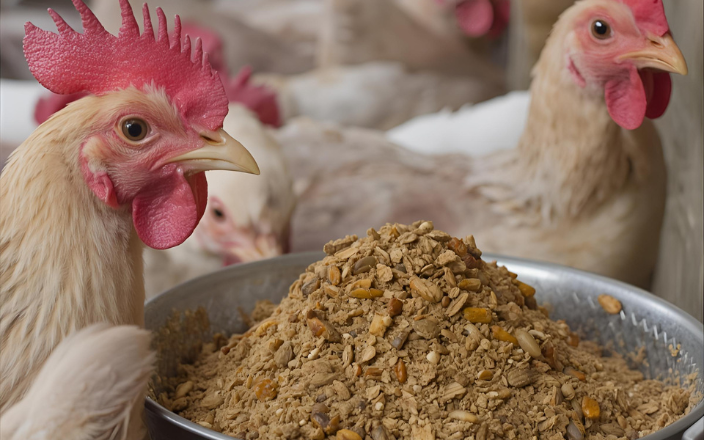Marine protein as fishmeal alternative in broilers diets
As global demand for poultry meat continues to rise, the sustainability of feed ingredients has become a critical concern. Fishmeal, long valued for its high protein content and digestibility, is increasingly viewed as unsustainable due to overfishing, ecological degradation, and price volatility. In response, researchers and feed manufacturers are exploring marine protein alternatives that can match fishmeal’s nutritional profile while reducing environmental impact.
- One of the most promising innovations is Artemeal, a protein derived from farmed Artemia (zooplankton).
- Developed by Aquanzo Ltd., Artemeal is produced on land using agricultural byproducts as feedstock, creating a closed-loop, scalable system that avoids ocean harvesting.
- This approach not only ensures consistent quality and traceability but also aligns with circular economy principles by valorizing waste streams from industries such as distilleries and dairies.
Trials conducted by Scotland’s Rural College (SRUC) have shown that broilers fed Artemeal outperform those on traditional fishmeal diets in terms of early growth and final harvest weight. Additionally, improvements in gut microbiome and immune organ development suggest enhanced resilience and health in poultry raised on Artemeal-based diets.
- Beyond Artemeal, other marine protein alternatives are gaining traction.
- Microalgae like Spirulina and Schizochytrium offer high digestibility and immune-boosting properties, though production costs remain a barrier.
- Single-cell proteins (SCPs), derived from marine bacteria or yeast, provide a consistent amino acid profile and require no arable land, making them attractive for sustainable feed systems.
- Seaweed-derived proteins, such as those from kelp and Porphyra, are rich in vitamins and minerals but have lower protein content compared to fishmeal.
Despite their promise, widespread adoption of marine protein alternatives faces challenges. These include regulatory approval, cost competitiveness, and farmer awareness. However, ongoing research, pilot programs, and policy support are helping to overcome these barriers.
Aquanzo forecasts that Artemeal could supply over 10% of the UK’s poultry starter feed within five years, feeding more than 100 million chicks annually—without harvesting a single fish from the ocean. This represents a significant step toward zero-ocean-impact protein production and a more sustainable future for poultry farming.
Sources: Available upon request

